Virtual reality, also known as immersive multimedia or computer-simulated reality is about more than just entertainment or a vicarious enjoyment of various experiences and addictive video games. It can help a person lose weight. It has medical applications and also has ways in which it can assist educators. It’s amazing what virtual reality or VR to its friends, can do right now; it’s possible applications in future even more so!
VR for weight loss
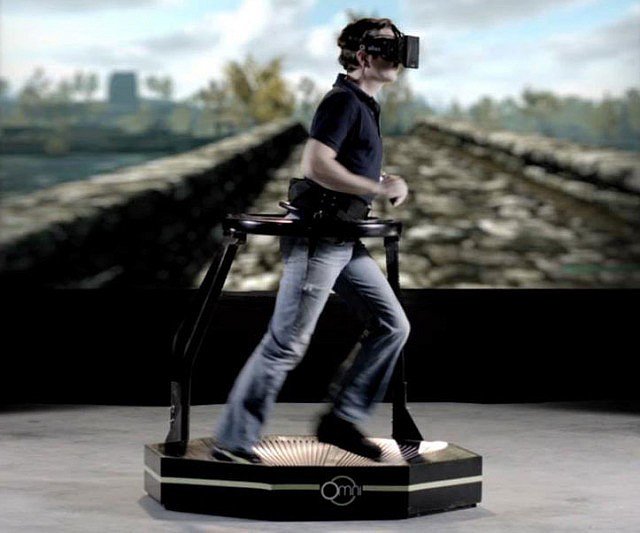
Weight problems are sometimes the result of body image disturbances, inactivity and body perceptions. Virtual reality may help determine how people view their physical self and could also help improve physical activity.
VR for teachers

The technology can help to create simulated reality when reality is not possible. Educators can vividly bring alive their teaching material. They can make it possible for their students to ‘visit’ an ancient historical site that existed centuries ago or someplace thousands of miles away, facilitate the ‘viewing’ of the human body from within and more.
VR for students
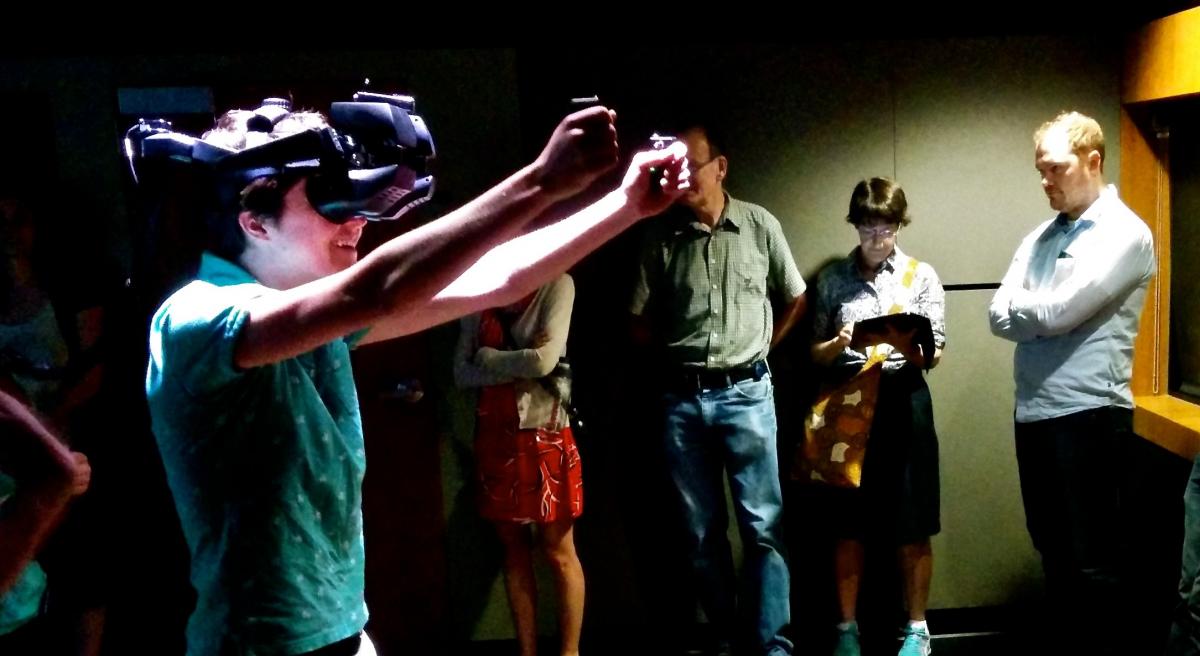
Not only can VR be helpful in imparting more effective education to students, the technology can help in other ways. Before deciding whether they should do with their lives; decide on a profession, students can get a real feel of various subjects via virtual reality to make a more informed choice.
VR game based experience increases motivation
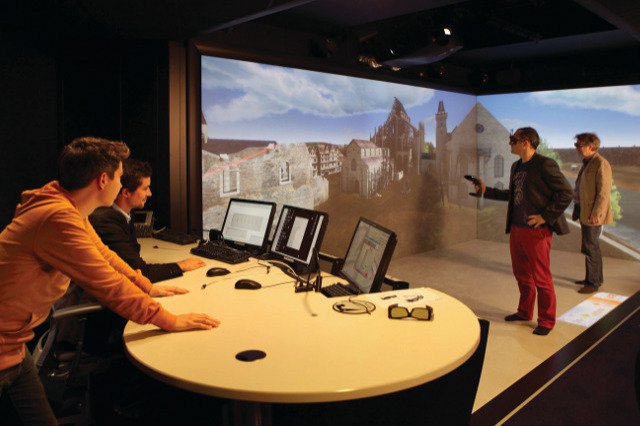
Game based learning and simulated learning is positive and engaging say educators. And because it is also more fun, it serves to keep students more motivated.
VR can help overcome phobias
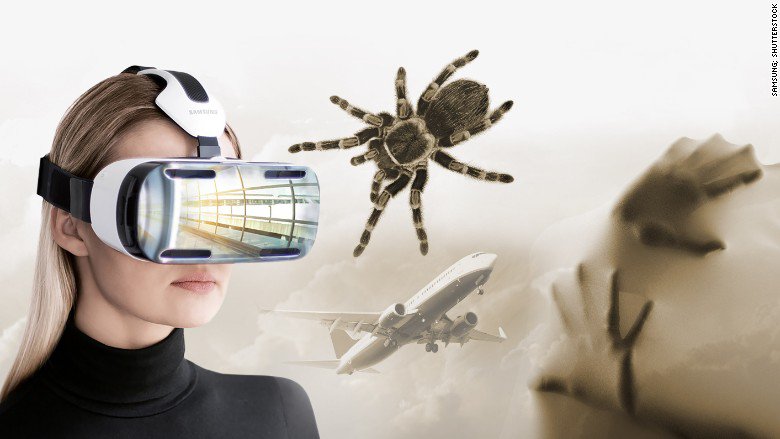
Psychiatrists can help people who fear flying or closed spaces (claustrophobia) with VR. Patients can practice coping strategies in safe, controlled and non threatening environments.
VR can help with pain management
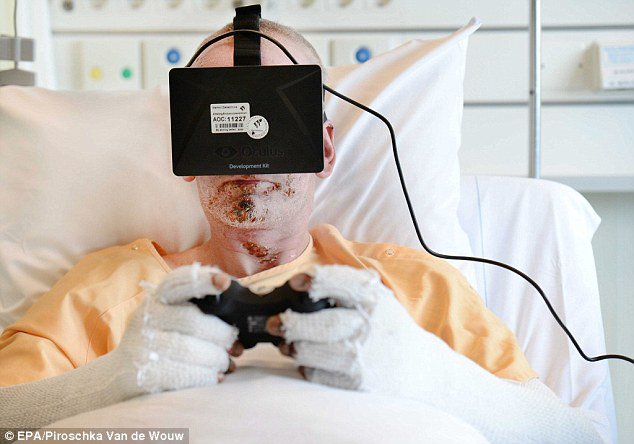
Doctors have used distraction therapy to help patients manage pain. Patients can listen to music and pretend to throw snowballs at penguins during physical therapy or during wound dressing for instance. In burn victims, it was found that virtual reality that simulated SnowWorld worked better than morphine!
VR can help autistic kids
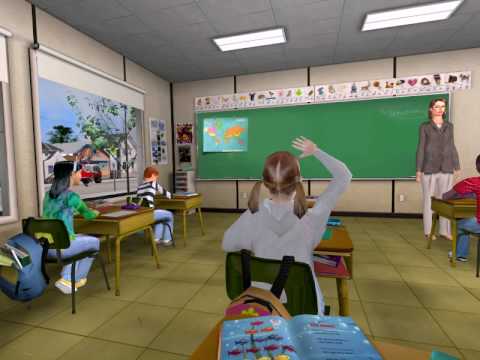
The technology can help autistic kids by equipping them with better motor skills and helping them learn social cues. Kids are put in certain situations using virtual avatars that help reinforce acceptable responses. The technology seems to have helped some autistic kids achieve better social understanding.





